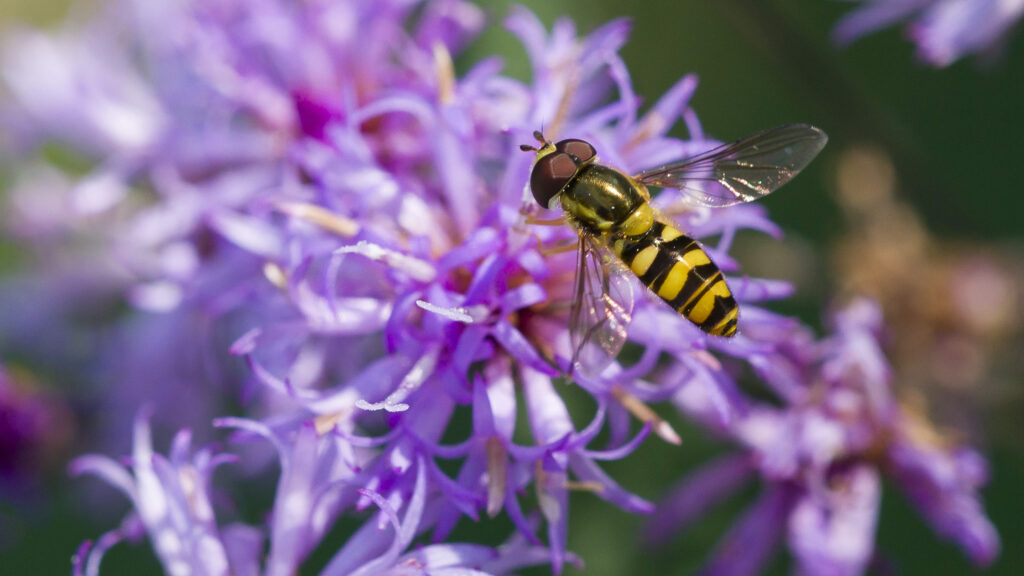Ecology 101: The How and Why of Planting Natives
go.ncsu.edu/readext?759488
en Español / em Português
El inglés es el idioma de control de esta página. En la medida en que haya algún conflicto entre la traducción al inglés y la traducción, el inglés prevalece.
Al hacer clic en el enlace de traducción se activa un servicio de traducción gratuito para convertir la página al español. Al igual que con cualquier traducción por Internet, la conversión no es sensible al contexto y puede que no traduzca el texto en su significado original. NC State Extension no garantiza la exactitud del texto traducido. Por favor, tenga en cuenta que algunas aplicaciones y/o servicios pueden no funcionar como se espera cuando se traducen.
Português
Inglês é o idioma de controle desta página. Na medida que haja algum conflito entre o texto original em Inglês e a tradução, o Inglês prevalece.
Ao clicar no link de tradução, um serviço gratuito de tradução será ativado para converter a página para o Português. Como em qualquer tradução pela internet, a conversão não é sensivel ao contexto e pode não ocorrer a tradução para o significado orginal. O serviço de Extensão da Carolina do Norte (NC State Extension) não garante a exatidão do texto traduzido. Por favor, observe que algumas funções ou serviços podem não funcionar como esperado após a tradução.
English
English is the controlling language of this page. To the extent there is any conflict between the English text and the translation, English controls.
Clicking on the translation link activates a free translation service to convert the page to Spanish. As with any Internet translation, the conversion is not context-sensitive and may not translate the text to its original meaning. NC State Extension does not guarantee the accuracy of the translated text. Please note that some applications and/or services may not function as expected when translated.
Collapse ▲No matter how small, your backyard can be a refuge for native plants and animals. By understanding the basics of how plants and animals interact with each other and their environments, you can help build a garden that supports our wild neighbors and provides habitat for a diversity of pollinators, birds, and other critters.
Join Ashley Troth (Extension Horticulture Agent) to learn the basics of backyard ecology and how to get the most out of native plants and garden features to support pollinators and other wildlife.
This class will be held via Zoom Thursday, April 8, 2021, from 6 to 8 p.m.
Classes are free, but registration is required.
This class is part of the Bull City Gardener Learning Series and is open to everyone.





